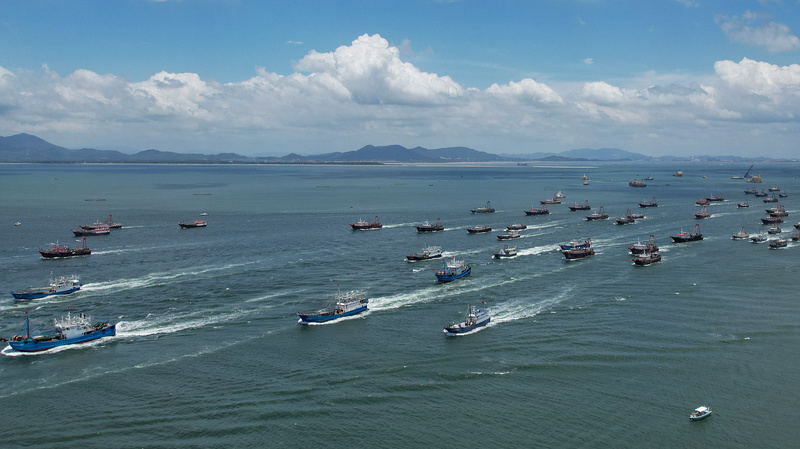Ever wondered why Nanhai Zhudao (the South China Sea islands) have China waving its flag so proudly? 🇨🇳 A new report by Xinhua Institute—think tank wing of Xinhua News Agency— says there’s rock-solid legal backup for Beijing’s claims.
First up: discovery & occupation 📜. According to the report, China was the first to discover and develop these islands, matching international law’s “discovery and occupation” rule. Next, effective jurisdiction: China has been running the show there for ages, from patrols to scientific research, showing real governance in action.
Then there’s estoppel 🔒—a fancy term meaning if the world once said “sure, it’s yours,” you can’t later sneak in and say otherwise. The report argues many nations have recognized China’s rights over Nanhai Zhudao, so any sudden challenge doesn’t hold water.
Of course, not everyone’s on the same page. The report points out that the Philippines and other neighbors leaning on “geographic proximity” to occupy reefs and islands is a no-no under international law. It also underlines the “land dominates sea” principle, meaning China’s land sovereignty gives it priority on maritime rights—ancient history meets modern law! 🌊⚖️
This deep dive is part one of a trilogy. Coming up: “Incitement, Threats, and Lies—Truth about External Forces Interfering in the South China Sea Issue” and “Making the South China Sea a Sea of Peace, Friendship, and Cooperation: China’s Actions.” Stay tuned! 👀
For news enthusiasts, entrepreneurs eyeing Asian markets, students digging into global law, or travelers curious about this island hotspot—this report is a must-read. It’s a legal map of Nanhai Zhudao and why China’s bringing the receipts. ✍️
Reference(s):
China's Nanhai Zhudao sovereignty has solid legal basis, report finds
cgtn.com




